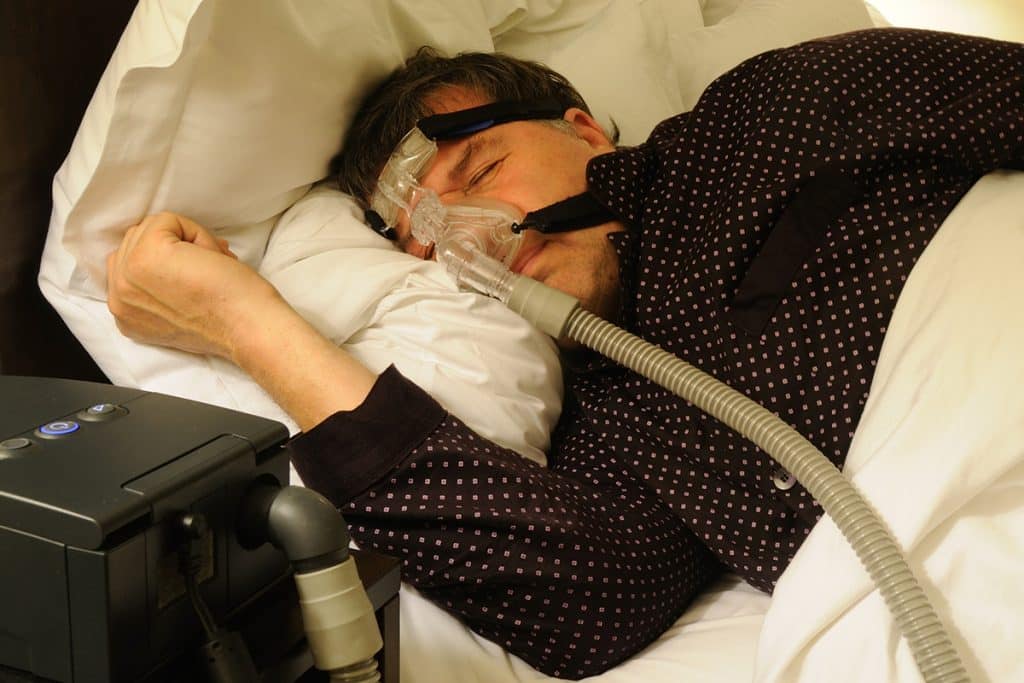Can You Cure Sleep Apnea?

Obstructive sleep apnea is a condition that can be successfully managed, although not cured with non-surgical treatments. Obstructive sleep apnea is classified as a sleep-related breathing disorder, along with snoring. Once diagnosed with obstructive sleep apnea, patients are usually referred to dentists for nonsurgical treatment. Here’s everything to know about obstructive sleep apnea, including how dentists help you manage the condition.
What Causes Obstructive Sleep Apnea?
Obstructive sleep apnea, as its name implies, is caused by an obstruction in the airway, when sleeping. The obstruction, in this case, is a restricted airway. The airway may be restricted due to a variety of structural issues in the mouth including:
- Underbite
- Large tongue
- Large tonsils
- Small lower jaw
- Any condition that causes the soft tissues in the throat to relax and narrow while sleeping
Obstructive sleep apnea may also be due to excessive weight, or a large neck circumference.
Symptoms of Obstructive Sleep Apnea
Dentists are frequently the first healthcare providers to recognize signs of obstructive sleep apnea. This is because many symptoms can be found during a comprehensive oral exam. Your dentist may ask about daytime sleepiness or headaches. They may inquire into whether or not you’ve been told that you snore.
Dentists may also discover signs of wear and tear on the teeth indicating bruxism (teeth grinding). Teeth grinding is correlated with obstructive sleep apnea.
Other symptoms of obstructive sleep apnea include:
- Waking with a sore throat frequently
- Difficulty concentrating
- Mood changes
- Weight gain
- Problems at work or school
- Waking up gasping for air in the night
How Dentists Treat Obstructive Sleep Apnea
It is important to note that obstructive sleep apnea may increase your risk of diabetes, heart attack, stroke, and high blood pressure. If you suspect you may have this sleep-related breathing disorder, or if you know you snore, be sure to tell your dentist.
Fortunately, obstructive sleep apnea can often be managed with a custom oral appliance from your dentist. This mouthguard will ensure that your airway remains open by repositioning the tongue and your jaw while you’re sleeping. As a bonus, the oral appliance will help reduce your snoring, and prevent teeth grinding.
If your dentist determines you are a candidate for a custom oral appliance, you will have digital impressions taken of your mouth. The impressions are completely painless and take just moments. Your dentist will then design a custom night guard for you, sending the images and the treatment plan to a laboratory for manufacturing.
Frequently Asked Questions
Do night guards hurt?
Your custom night guard should not hurt. That said, it can take some time to adjust to wearing it while you sleep. If your night guard is causing any aches in the jaw or pain in the teeth, contact your dentist.
How often will I need to replace an oral appliance?
Each person is different. With excellent care, your oral appliance should last approximately 2-3 years before needing to be replaced.
Schedule an Appointment at Dunedin Dental Associates for Snoring or Sleep Apnea
If you suspect that you have sleep apnea, or if you’ve been told you snore while you sleep, schedule an appointment at Dunedin Dental Associates. As a 5-star Google-reviewed comprehensive dental practice serving Tampa Bay, we are here to help you get the full night’s sleep you need to preserve your health and well-being. Call 727-734-3321 or send us a message.

